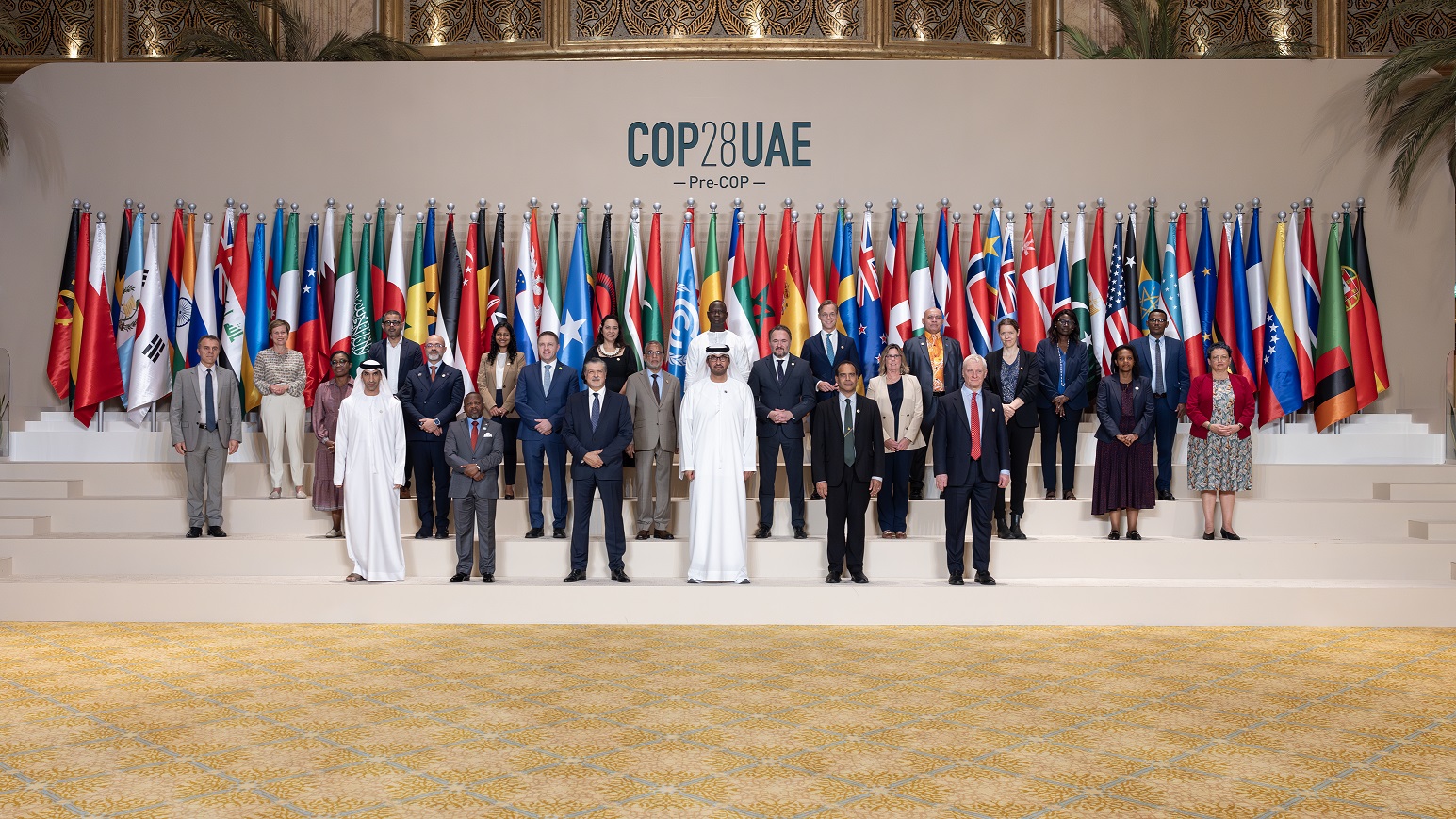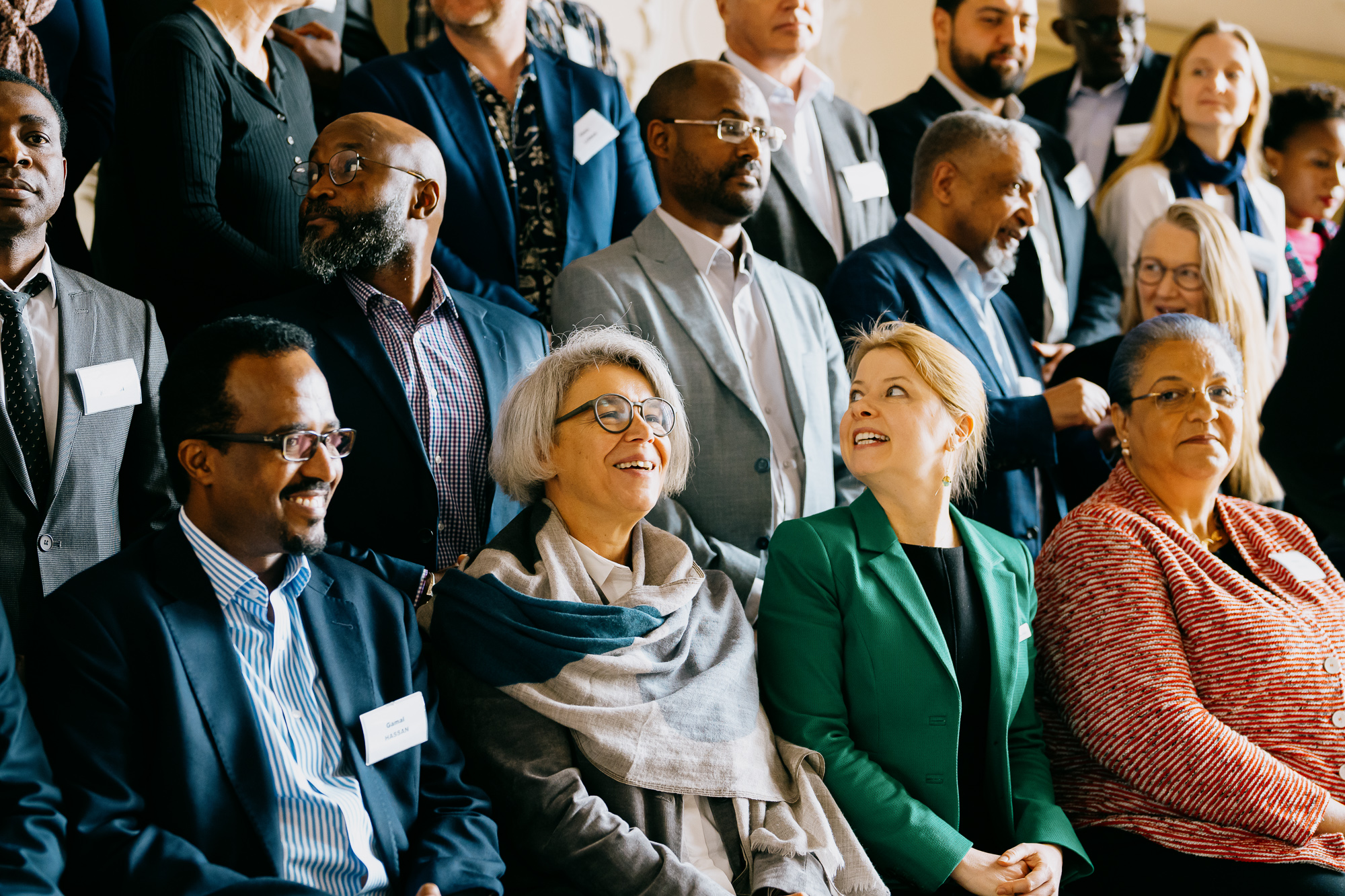Wilton Park, with the support of the Met Office and the World Meteorological Organisation, organised a roundtable dialogue on building and improving early warning systems to prevent and reduce the impact of flooding in the Greater Horn of Africa, building better links between the meteorological, hydrological and DRM communities.
Mitigating the impact of flooding on lives and property regionally requires a coordinated multi-sector, multi-disciplinary and multi-agency response, informed by accurate forecasting and modelling. Flooding can compound the challenges for poverty eradication and sustainable development, making them particularly devastating for the low income countries in the region. Early warning is a major element of disaster risk reduction to prevent loss of life and reduce the economic and material impact of disasters.
With extreme weather events continuing to increase in the face of climate change, increasing the likelihood of floods, it is critical that countries across Africa begin to take steps to plan for effective implementation of EWS for flooding. No single organisation can provide the level of service required to increase prevention efforts and support local response strategies. Good communication is therefore critical between meteorological and hydrological experts, and between them and decision makers.
Early warning systems (EWS) should provide better, more user appropriate, information services to disaster managers and the public in areas prone to flooding, to ensure improved management of the risk and preparations to reduce the impact of flooding.
This event discussed current best practice for EWS, looking in particular at the 2006 ISDR checklist for developing ‘people centred’ early warning systems
This expert roundtable meeting brought together meteorologists, hydrologists and disaster managers to share their knowledge and best practice to support more effective design and implementation of EWS in the Greater Horn of Africa, providing a forum to:
- Support the building of a community of best practice linking weather forecasting and hydrology modelling in the Greater Horn of Africa, promoting closer collaboration
- Promote effective communication between meteorologists, hydrologists, decision makers, first responders, the Disaster Management Authorities and the wider humanitarian community
- Discuss current best practice for EWS, including how the existing guidelines can be improved
- Highlight the effectiveness of multidisciplinary approaches to extreme weather impact mitigation through EWS, including essential adaptation to local/regional contexts
- Identify the best means of communicating risk in one consistent/authoritative voice to decision makers, first responders and the public to ensure timely and effective preparation and response to flooding events
- Explore ways to maximise data collection, for example through improving remote area data collection, and the opportunities for crowd-sourcing data collection and other innovative approaches
Blog
Stimulating the debate: early warnings for protection and resilience (Gavin lley, Head of International Crisis Management and Resilience, Met Office)
From debate to action: early warnings for protection and resilience in Africa (Gavin lley, Head of International Crisis Management and Resilience, Met Office)
Video
We ask five of our participants what link needs to be made within the disaster risk reduction (DRR) community in order implement effective early warning systems (EWS).
As shown during the event by Martin Dawes, Advocacy and Communication Adviser, Communicating with Disaster Affected Countries (CDAC), London. Credit: Christian Aid.












